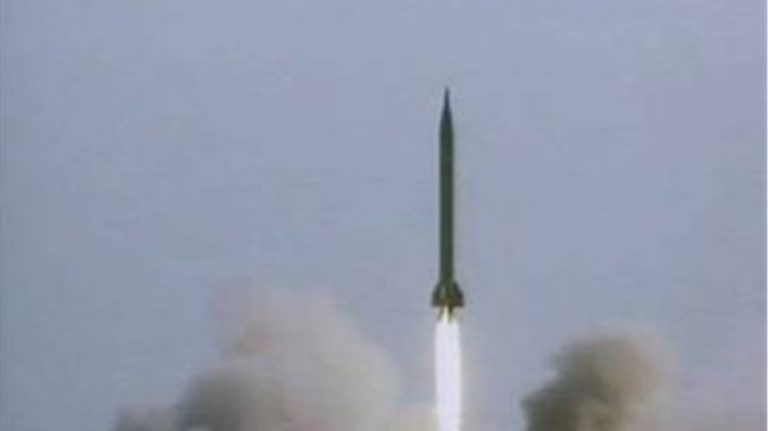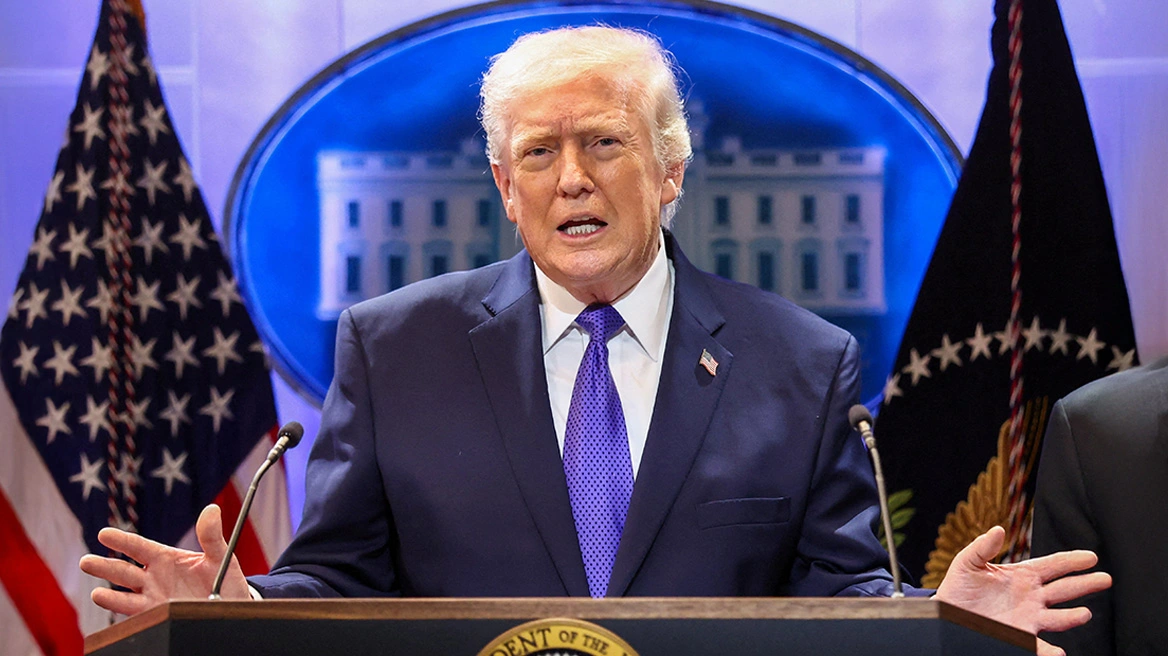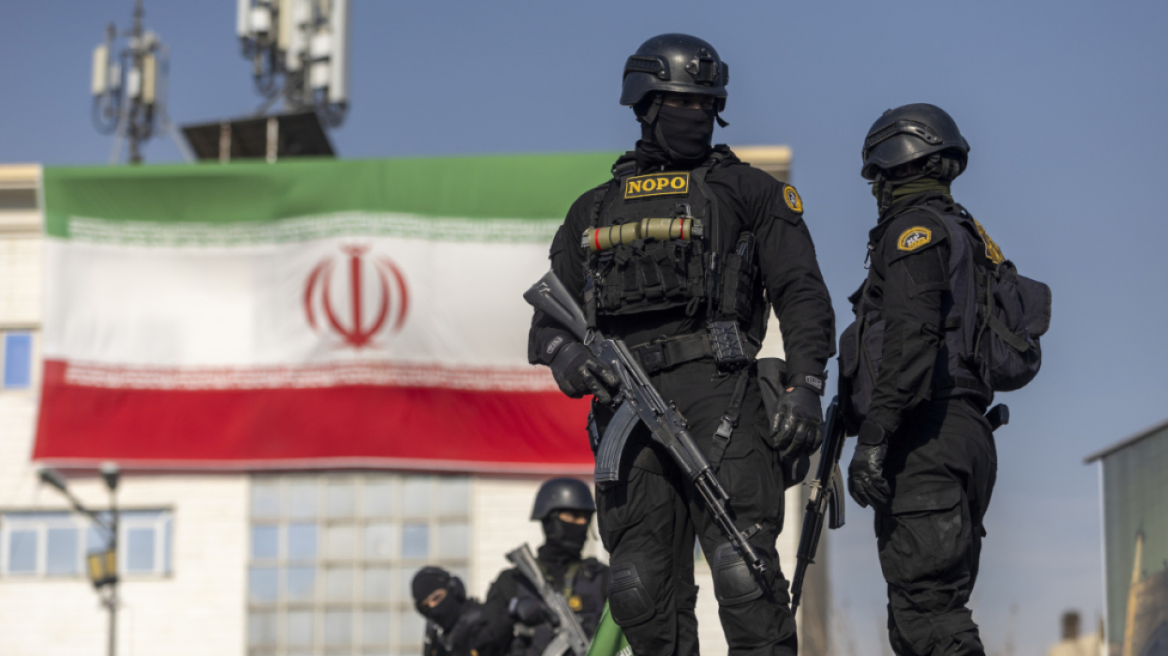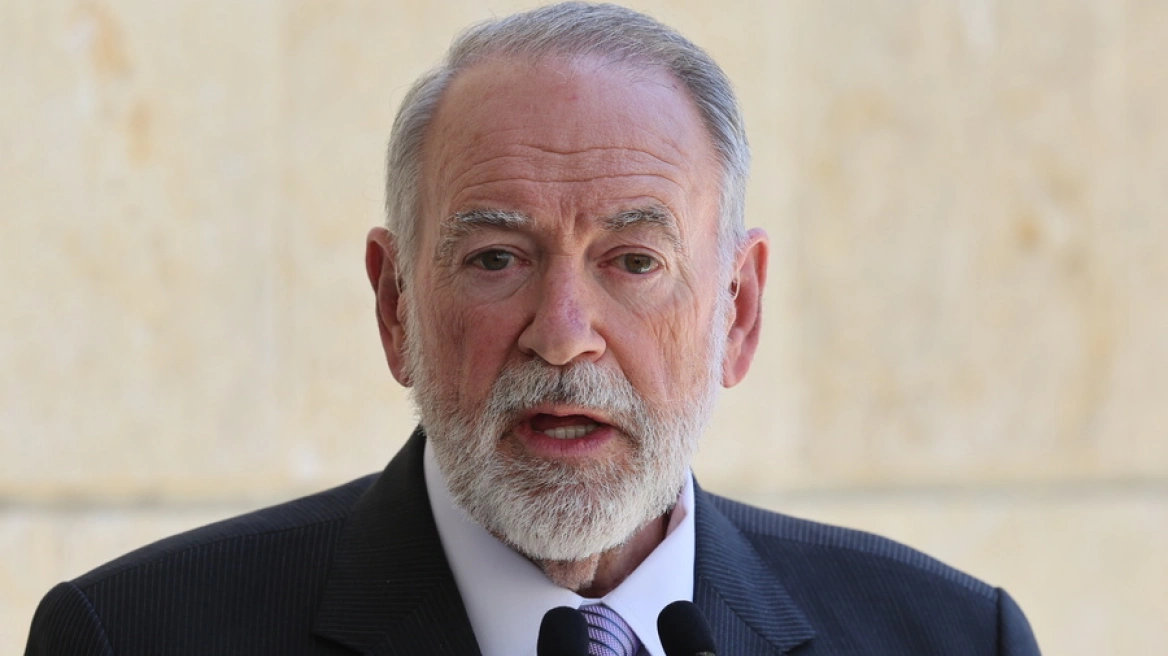This paper by MEMRI, examines increasing concerns over the Turkish-Pakistani strategic partnership in recent years, especially regarding the likelihood that rogue elements in the Pakistani military could supply nuclear technology to Turkey. Such concerns appeared real in view of the Turkish-Pakistani military cooperation against Armenia in the 2020 Nagorno-Karabakh war. Music videos on social media celebrate the cooperation of Pakistan, Turkey, and Azerbaijan as well as Azerbaijan’s victory over Nagorno-Karabakh.
The issue of Turkish-Pakistani military cooperation gained relevance after the emergence of allegations, understandably denied by the Pakistani government, that Pakistani soldiers fought against Armenian troops in the Nagorno-Karabakh war, resulting in a military victory for Azerbaijan. A trilateral conference between Turkey, Pakistan, and Azerbaijan – held in the Pakistani capital of Islamabad on January 13, 2021 – further strengthened this view that the three countries are working together at military and Islamic religious levels.
On October 2, 2020, Zahid Hafeez Chaudri – the spokesman of the Foreign Office in Islamabad – dismissed the allegations of Pakistani army’s role in Nagorno-Karabakh as “speculative and baseless” but added that Pakistan supports Azerbaijan’s position in this war. Significantly, the Pakistani denial came just a day after Azerbaijan’s President Ilham Aliyev thanked Pakistan, Turkey, and Afghanistan “for their support in the fighting against Armenian forces.” The nature of support from the three countries was not stated publicly.
While Turkish military’s role in support of Azerbaijan in the Nagorno-Karabakh war against Armenia is well established, Pakistani military’s role remains not-so-shrouded. A fortnight after Pakistan’s denial of its military involvement in Nagorno-Karabakh, Armenian Prime Minister Nikol Pashinyan said, in an interview with the Russian news agency Rossiya Segodnya, that “special forces of the Pakistani army are also involved in the hostilities [in Nagorno-Karabakh].” Forced by Nikol Pashinyan’s charge, Pakistan once again issued a statement, dismissing it as “irresponsible propaganda”.
Four Turkish F-16 fighter jets violate Greek isles
Ahval: Israel calls for closure of Hamas’ Constantinople office to normalize Turkey relations
Pakistan Viewed As Key To Turkey’s Nuclear Program
According to a transcript published by MEMRI TV, Turkish President Recep Tayyip Erdoğan, in 2019, expressed Turkey’s intent to acquire nuclear weapons, stating: “Some countries have missiles with nuclear warheads, and not just one or two. I, however, am not supposed to have missiles with nuclear warheads. I do not accept this. In the world today, among the developed countries, there are almost no countries that do not have missiles with nuclear warheads”.
Erdoğan’s interest in nuclear weapons for his country might be new, but Turkey has been reported to have desired nuclear weapons technology since at least the 1960s. As per a declassified memo from then U.S. Ambassador Parker T. Hart in Ankara, Turkey had expressed its nuclear ambitions as early as 1966. In July 2020, an article in the Bulletin of the Atomic Scientists noted that Russia is building four civilian nuclear power reactors in Turkey and, “what’s worrisome is Turkey could exploit nuclear power as a cover to procure bomb-related technology and hardware. The technology transfer is already occurring”.
Read more: MEMRI
Ask me anything
Explore related questions





